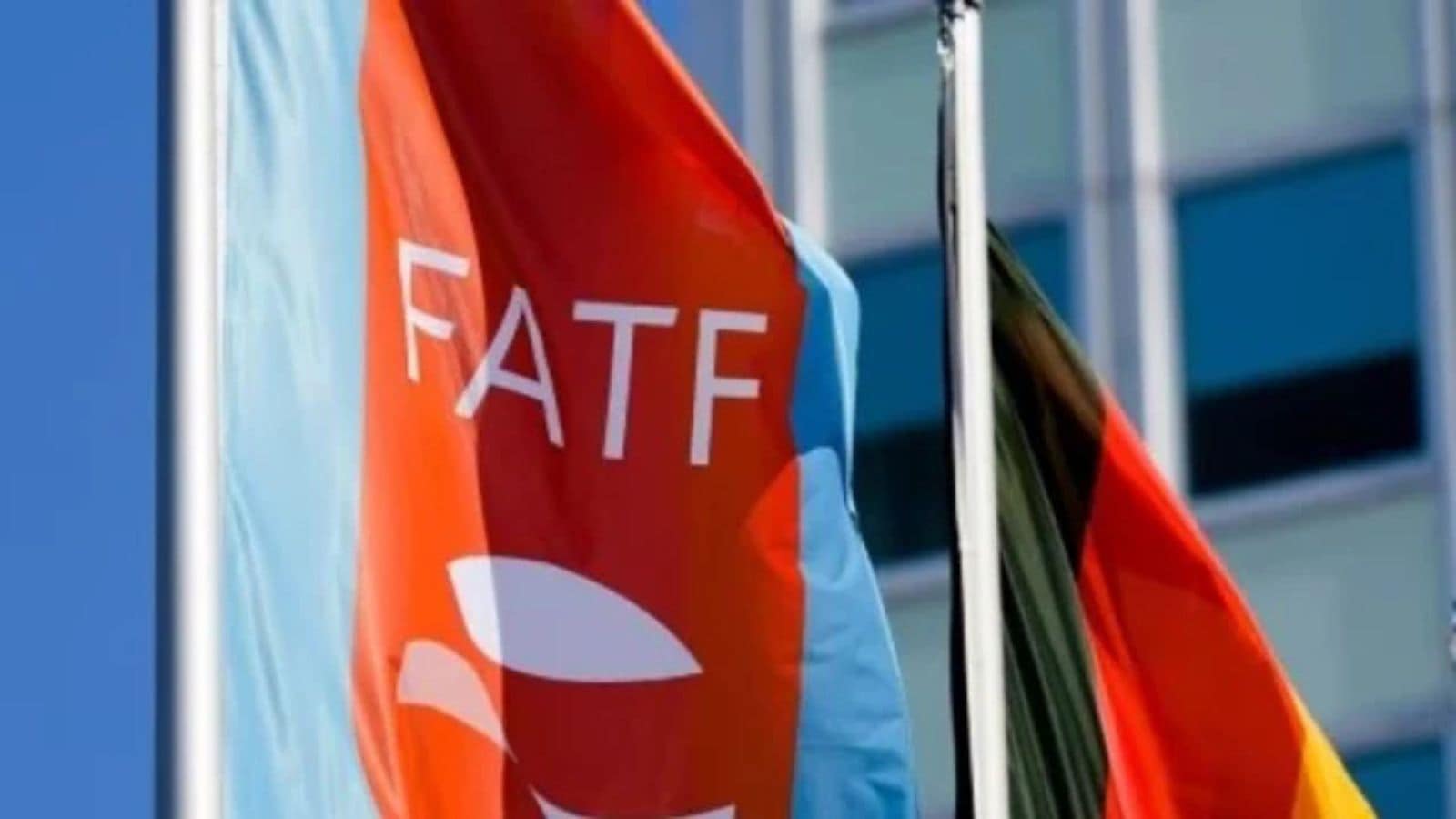Pakistan “continues to work with its Financial Action Task Force (FATF)-style regional body, Asia-Pacific Group on Money Laundering (APG), to continue to strengthen its anti-money laundering and counter-terrorist financing system”, as set out in October 2022, according to the global money laundering and terror financing watchdog. The anti-terror financing body, however, refused to comment on the specific decisions taken against Pakistan in its latest meeting, citing confidentiality, in response to a query sent by The Indian Express.
On Monday, the FATF in a statement had condemned the “brutal terrorist attack” in Pahalgam on April 22, noting that such attacks cannot occur “without money and the means to move funds between terrorist supporters”.
When asked whether the FATF has decided to review Pakistan, through consensus of its members, on its compliance with terror investigations, the terror financing watchdog said FATF’s meetings are confidential. “…so we are unable to comment beyond the decisions communicated at the end of last week’s meeting,” it said in its response to this newspaper.
With the FATF planning to come out with an analysis of terrorist financing — likely to be released in a month — it has compiled cases provided by its global network. The watchdog is learnt to have taken note of ‘state-sponsored terrorism’ in the upcoming report in an oblique reference to Pakistan, sources said.
Pakistan is also likely to face a review of its legal conviction process linked to terror investigations, sources said. If it happens, this could mean a greater scrutiny of the country’s deficiency in terror case probes that was also flagged at the time of Pakistan’s removal from the FATF’s grey list three years ago.
When Pakistan was taken off the grey list in October 2022, it was kept in the enhanced follow-up category, following ‘partial compliance’ with a recommendation (R.38) related to deficiency regarding the coverage of predicate offences. The recommendation relates to mutual legal assistance (MLA) for freezing and confiscation of proceeds of crime, mainly when crime has happened elsewhere and proceeds are in the relevant country (Pakistan in this case).
It requires countries to have authority to take expeditious action in response to requests by other countries to identify, freeze and seize property laundered, proceeds from money laundering or predicate offences. Though Pakistan had issued guidelines for MLA, FATF had noted the deficiencies in its scheme for providing assistance to other countries.
Story continues below this ad
While the FATF statement on Monday did not name any country, India had earlier stated its intent to take up terror funding charges against Pakistan to make a case for putting it back in the FATF ‘grey list’ in response to the Pahalgam attack in April.
Twenty-six people were killed in the attack in Jammu and Kashmir’s Pahalgam on April 22. On May 7, India launched Operation Sindoor, striking terror infrastructure in Pakistan and Pakistan-occupied Kashmir, which was followed by three days of military confrontation between India and Pakistan.
The FATF’s statement on Monday came after its plenary meeting last week, where Delhi is learnt to have flagged Pakistan’s terror network and the targeted attacks against India.
“Terrorist attacks kill, maim and inspire fear around the world. The FATF notes with grave concern and condemns the brutal terrorist attack in Pahalgam on April 22, 2025. This, and other recent attacks, could not occur without money and the means to move funds between terrorist supporters,” the FATF said.
Story continues below this ad
“The FATF will soon release a comprehensive analysis of terrorist financing, compiling cases provided by our global network. It will also host a webinar to help public and private sectors understand the risks and stay alert to emerging threats,” it said.


